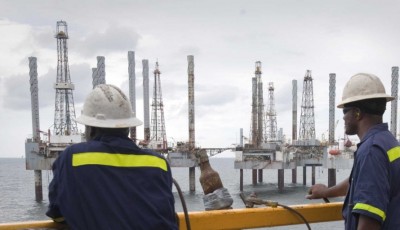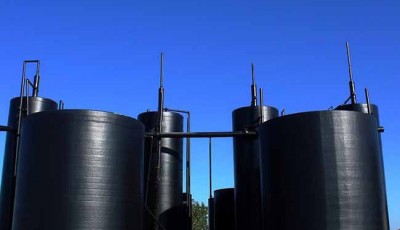Food Shocks Due To Climate Change Likely By 2040
A study commissioned by a joint U.S.-British taskforce suggests that global food shortages may be three times as likely to take place due to the ongoing climate change problem.
Extreme weather could lead to severe food shocks. The risks of an event are growing, and it could be unprecedented in scale and extent.
“It is very hard to characterise these extreme events and their frequency, but what we do see quite clearly is that events that are very rare in the present day are becoming more frequent in the future”, said Kirsty Lewis, one of the authors, from the UK’s Met Office.
Such “food shocks” are most likely to be felt across Africa and the Middle East. Countries like the UK and the US would not be as affected because the consumption of processed food in these countries would make them less affected by the changing price of basic commodities.
They include conducting more research into the climate risks to food security, exploring opportunities for governments and businesses to work together to develop contingency plans in the case of food shortages, and reducing food waste.
It is a tough job to explain the climate change and its inevitable effects especially to the cynics since the global warming is not always apparent and it is blowing hot and cold.
Demand for food is continuously increasing world over, putting a great pressure on the food system.
Benton said: “In a way, what we’re living with with Isis today comes out of a spark that came from food price rises”. Should prices rise 50-100%, those people would be in a position the researchers call “untenable”. Unfortunately, the weather is not helping much and the representatives of the Taskforce on Extreme Weather and Global Food System Resilience are afraid this whole situation might cause civil unrest in the future.
While wealthier nations might be somewhat insulated from the direct impact of such food shocks, it could indirectly be extremely costly.
To ease the pain of increasingly likely shocks, the report urged countries not to impose export restrictions in the event of wild weather, as Russian Federation did following a poor harvest in 2010. In 1988/89, droughts in the US and South America lead to drops in the production of maize and soybean by 12 per cent and 8.5 per cent respectively.
The Global Food Security program blames the climate change with its ever-growing extreme weather for the dark predictions we’re facing.
The report said that efforts were needed to improve the functioning of worldwide markets, bolster national resilience to market shocks and to develop agriculture so it was more resilient to a changing climate.












